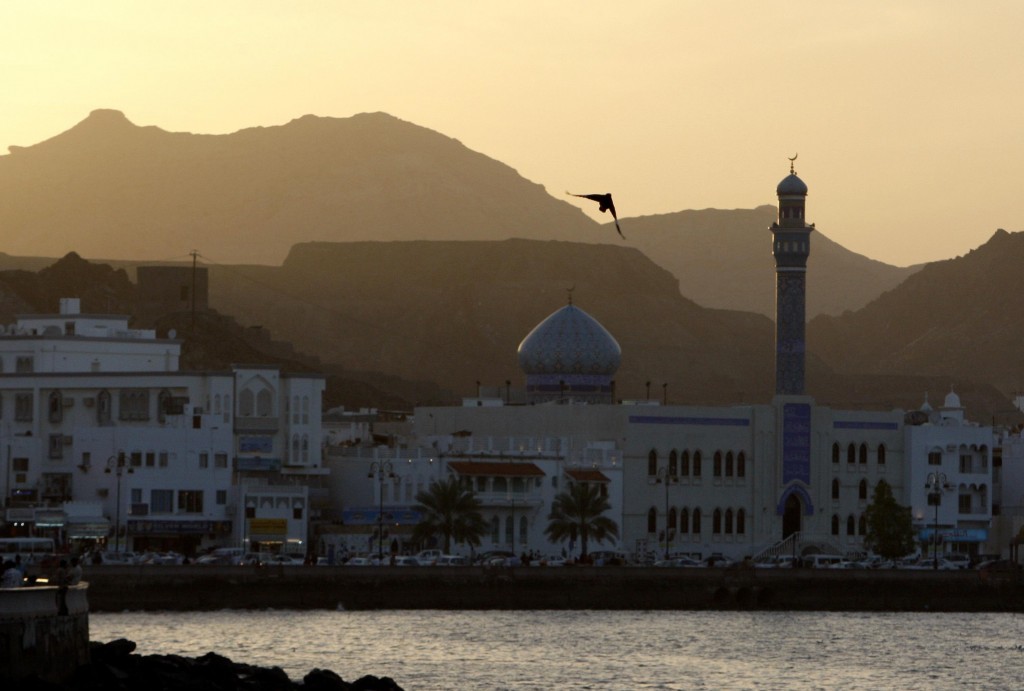
Scotland-based energy firms will expect the Middle East to become vital to their operations in terms of market share over the next few years, according to a professional services firm.
KPMG surveyed more than 30 senior executives from oilfield services and energy-focused technology businesses at a seminar in Aberdeen last week which highlighted business opportunities and risks in the region.
The Middle East represents an enormous market for UK-based businesses in the industry with opportunities spanning oil and gas, power generation and renewables.
Projects underway or planned in the region are currently valued in excess of US$3 trillion, according to the Middle East Economic Digest.
Tax leaders from KPMG’s offices in Oman, Saudi Arabia, United Arab Emirates and Kuwait presented at the event as part of a series of visits to Houston, London and Aberdeen, exploring the opportunities and challenges to doing business in the region with a special focus on the oil and gas industry.
Presenters addressed the taxation of oil and gas operations and the regulatory regimes in their respective countries, entry methods to the different markets and issues around business culture and working in the countries.
Three quarters of attendees said they see the Middle East increasing in significance for their businesses in the next three to five years with half saying they are actively researching opportunities to do business in the region.
One third of attendees at the event were already active in the Middle East and a further two thirds said that they were considering entering the market via a new subsidiary company or branch structure.
Common concerns expressed in relation to the market were taxation risk, issues around cash extraction, anti-bribery risk and geopolitical stability.
Ashok Hariharan, regional head of tax for the Middle East and South Asia and a partner in Oman, said: “The Middle East has 48% of the world’s proven oil reserves and is the largest holder of gas reserves.
As the Gulf Cooperation Council countries continue to prioritise economic diversification they recognise the value of foreign investment in their energy industries, which is creating new opportunities throughout the supply chain.
“Iraq continues to attract significant investment and Iran will, if the sanctions regime is relaxed, represent a wide range of opportunities as it seeks to address decades of underinvestment in its oil and gas industry.
“The region also faces challenges akin to those in other mature basins, such as maximising recovery from maturing fields and extracting more challenging reserves, so United Kingdom Continental Shelf businesses have experience and technology that is required across the region.”
Martin Findlay, partner and head of tax with KPMG in Aberdeen, added: “The Middle East continues to present significant market opportunities for the UK oil and gas industry and its supply chain despite the depressed oil price.
“Whilst there has been a degree of project deferral in the region, the huge foreign currency reserves held by Kuwait, Qatar, Saudi Arabia and UAE mean that they are able to continue investment plans in energy and in wider economic diversification.
“As reflected in the survey findings from last week’s seminar in Aberdeen, we continue to see clients prioritising the Middle East as a business development market. However, it is important to note that the region is not uniform in terms of legislation, taxation and business practices and potential new entrants need to be well prepared, resourced and advised to maximise their chances of success.
“By bringing our in country experts to Aberdeen we were able to share a range of insights in these areas with businesses that are targeting growth in the region’s oil and gas industry.”
Recommended for you
